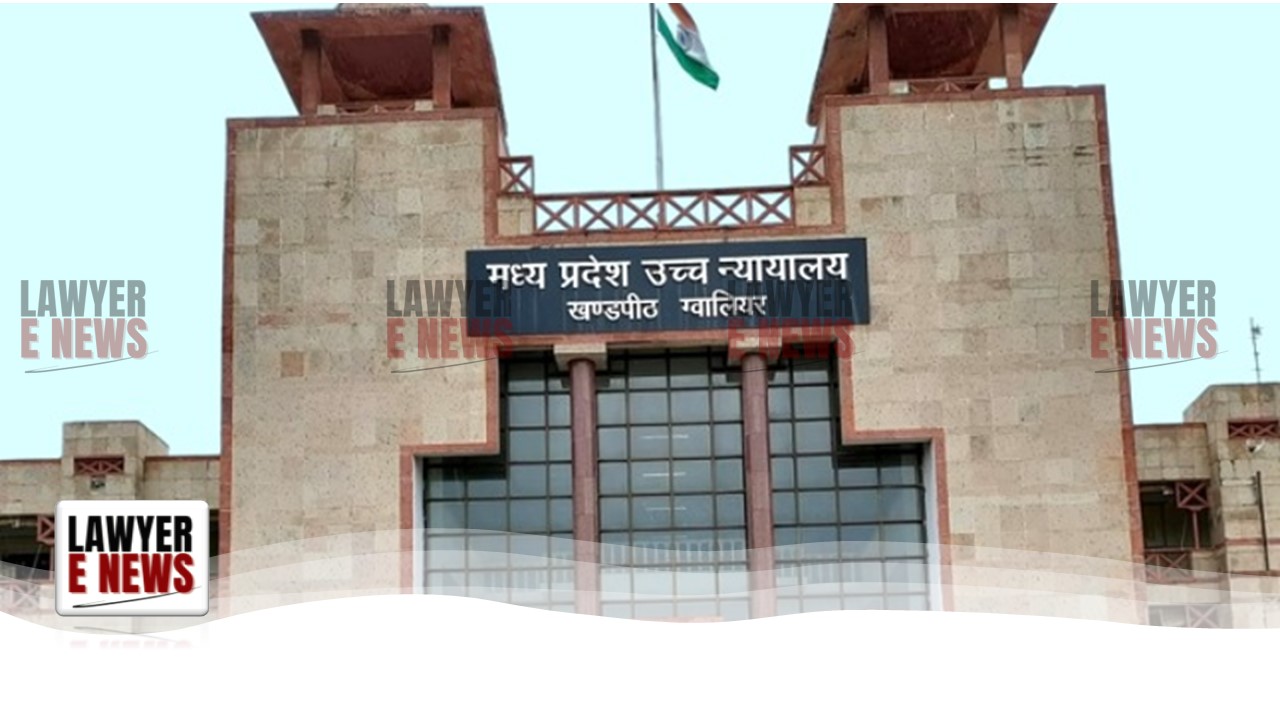-
by Admin
15 February 2026 5:35 AM



"Recoveries from Retirees, Absent Fault, are Unfair and Illegal," Says High Court Referencing Supreme Court’s Rafiq Masih Judgment. Madhya Pradesh High Court in Smt. Rooplekha Sirsath v. Public Health and Family Welfare Department & Ors., ruled in favor of the petitioner, a retired Class-III employee, by quashing the recovery of an excess payment amounting to ₹5,81,867. The Court emphasized that recoveries cannot be pursued from retirees if the overpayment was due to departmental error and without any misrepresentation or fault on the employee's part, in line with the Supreme Court's stance in State of Punjab v. Rafiq Masih (White Washer).
Rooplekha Sirsath, who retired from the Public Health and Family Welfare Department, was issued a recovery notice demanding repayment of excess funds attributed to erroneous pay fixation. Challenging the order, she contended that the recovery was illegal, citing no misrepresentation on her part. She argued that recoveries from retired employees, when there has been no fault or deceit on their part, contravene the principles of fairness upheld by the Supreme Court in Rafiq Masih (2015) and supported by similar precedents.
Supreme Court Precedents Against Recoveries: Justice Subodh Abhyankar referred to the Rafiq Masih case, which established that recoveries from Class-III and Class-IV employees or retirees for erroneous payments are unjust if the employee was not at fault. Additionally, the Court cited the MP High Court’s Full Bench decision in State of M.P. v. Jagdish Prasad Dubey, reaffirming that forced undertakings regarding pay fixation are invalid and unenforceable, especially in cases of unilateral errors by the employer.
Enforceability of Forced Undertakings: The Court rejected the notion of enforcing undertakings given by employees on revised pay scales when such agreements were not entered voluntarily or with informed consent. Relying on the Supreme Court’s doctrine on unequal bargaining power from Central Inland Water Transport Corporation v. Brojo Nath Ganguly, the High Court held that such undertakings are legally invalid.
Fairness and Lack of Misrepresentation: The Court noted similar judgments, such as Shyam Babu Verma v. Union of India and Syed Abdul Qadir v. State of Bihar, which prevent recovery of overpayments resulting from departmental mistakes, in the absence of misrepresentation by the employee. Justice Abhyankar observed that departmental mistakes cannot justify penalizing employees post-retirement, as such actions violate principles of fairness and equity.
The High Court quashed the recovery order and directed the respondent department to refund the recovered amount to the petitioner with 6% interest, from the date of recovery to the date of payment completion. This exercise is to be completed within three months from the order’s communication.
This ruling strengthens the protection of retired employees against arbitrary recoveries, highlighting that any financial overreach due to administrative lapses cannot burden employees who had no role in such errors.
Date of Decision: October 18, 2024
